Children Toy Plastic Metal Parts
In the realm of crafting plastic metal parts for children's products, Mold7 stands tall as a leader in the industry. Our dedicated team has meticulously developed various components like baby bathtub parts, child seat frames, and toddler toilet fixtures, securing a significant presence in the market.
When it comes to designing these essential parts, safety remains our utmost concern. We understand that every little detail matters for the well-being of children, which is why we focus on key aspects:
First off, the finish on our plastic metal parts needs to be as smooth as a mirror. This ensures that any surface kids touch is gentle and safe. Imagine the peace of mind knowing your little one is playing safely in a bathtub with such a smooth bottom.
Next, we make sure there are no sharp edges or rough spots during production. Just like picking out toys for your own kids, we aim for every part to be parent-approved and worry-free.
Lastly, durability is key in our designs. We want our parts to last through all the fun and games of childhood, ensuring they can stand up to years of joyful use.
At Mold7, we're more than just manufacturers; we're partners in ensuring a happy and safe upbringing for your children. Choosing us means choosing a future filled with care and responsibility.

Children Toy Part
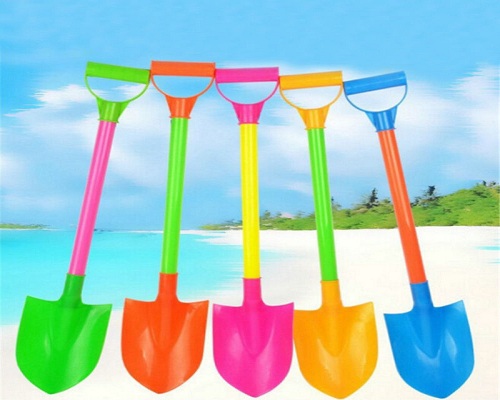
Children Toy Parts

Children Toy Products

Children Toy Mold
Children Toy Plastic Metal Parts Making Service
Be good at product structure optimization and greatly reduce the cost of Plastic Metal Parts custom solutions
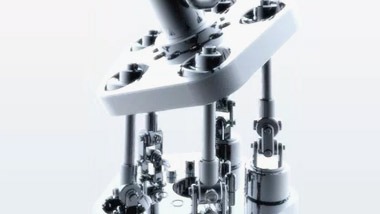
Part Design
Appearance and structural design
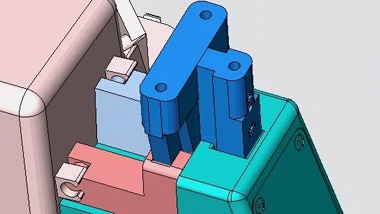
Mold Making
Design, DFM confirmation
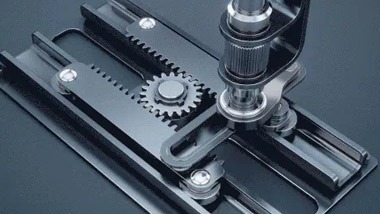
Product Production
Imported, high-speed equipment
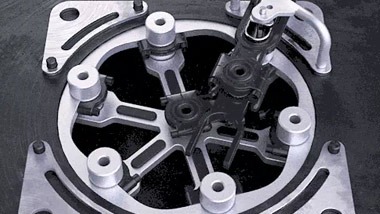
Product Assembly
Incoming materials, inspection and assembly
Plastic Metal Parts are used in the Children Toy industry
When it comes to crafting children's toys, plastic metal parts are essential. These components can be made quickly and consistently, which is super important for creating all sorts of fun toys.
In the kids' toy biz, plastic metal parts are often used to make things like action figures, dollhouses, and puzzles. Usually, these parts are crafted from top-notch materials to handle the high heat and pressure during production.
One big plus of using plastic metal parts is that they help manufacturers make toys fast and affordably. Once the design is ready, producing lots of parts in a short time is pretty straightforward. This speed is crucial because toy makers need to keep up with new trends and satisfy what kids want.
Another great thing about these parts is their precision. Each part is made to exact standards, ensuring everything fits perfectly when assembled. This accuracy means toys work just as expected.
Plus, plastic metal parts are versatile. Whether it's tiny character models or large play sets, these parts can meet the diverse needs of the toy industry. Their flexibility makes them perfect for creating a wide range of products.
However, there are some challenges. Safety is a big concern; toys must meet strict regulations to ensure they're safe for kids. Designers have to consider these rules, which can make manufacturing more complex and costly.
The industry also needs to keep innovating. With changing consumer tastes and new tech, manufacturers must adapt quickly to stay competitive. Plastic metal parts are key here, allowing for rapid production of new designs and prototypes.
In summary, plastic metal parts are vital in the children's toy industry. Their speed, precision, and versatility make them ideal for efficient toy production. Despite some challenges, these parts will continue to play a major role as the industry grows and changes.
FAQ About Toy Plastic Metal Parts
Toys often use a mix of plastic and metal parts to balance durability with safety. Common plastics include ABS, which is tough and impact-resistant, and polyethylene, known for its flexibility. Metals like steel or aluminum may be added for structural support or small moving parts, ensuring longevity without compromising on weight.
Absolutely, safety is a top priority. Regulations like the ASTM F963 in the U.S. set strict guidelines for toy materials, including non-toxicity and lead-free requirements. Manufacturers conduct rigorous testing to ensure these parts don't pose any choking hazards and meet all safety standards.
Cleaning them is simple; just use warm water and mild soap. Avoid harsh chemicals that could damage the materials or fade colors. For maintenance, periodic checks for loose parts or sharp edges can prevent accidents. Lubricating moving metal components occasionally with a child-safe lubricant can keep them functioning smoothly.
Yes, many toy manufacturers are now designing with recyclability in mind. Plastic parts can often be sorted and recycled into new products, while metals can be melted down and repurposed. It's best to check with your local recycling center as processes may vary.
Not at all, in fact, they can enhance it. Metal parts can provide a clearer, more resonant tone, while certain plastics are chosen for their acoustic properties. Together, they create a harmonious blend that enriches the musical experience for kids.